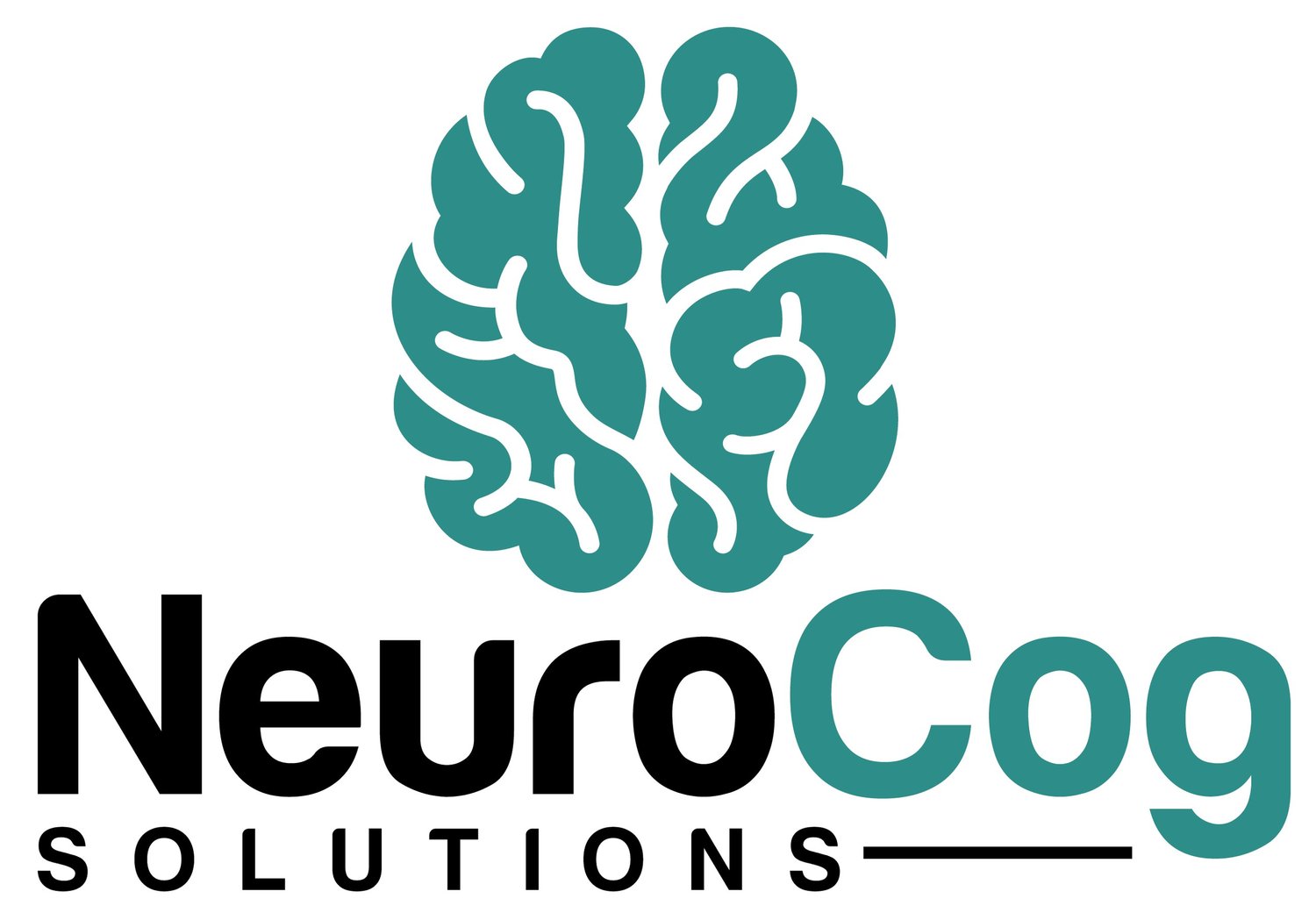
Concussions/Traumatic Brain Injury
What is a Traumatic Brain Injury (TBI)
A traumatic brain injury is caused by a violent impact to the head (e.g., car accident), or by an impact which penetrates and damages brain tissue directly (e.g., gun shot wound).
Some traumatic brain injuries, or TBIs, can be mild such as concussions. These mild brain injuries can be temporary and heal over time.
Damage to brain is often seen in more than one area (also known as diffuse axonal injury). The brain moves back and forth in the head (hits skull, gets bruised, causes cell damage). Thus, there are many areas of functioning that are impacted.
What is the difference between a Traumatic Brain Injury (TBI) and an Acquired Brain Injury (ABI)?
An Acquired Brain Injury (ABI) is any brain injury that occurs after birth. ABI is an “umbrella” term because it includes several different types of injuries. TBI’s include closed head injuries where something strikes the head with force (e.g., motor vehicle accidents, falls, pedestrian accidents, etc.). TBI’s also include open head injuries where something penetrates the skull, like a gunshot wound.
In addition to various TBI’s, ABI can include stroke, hypoxia or anoxia (lack of oxygen to the brain), aneurysms (ballooning of the arterial wall can rupture), infections, tumors, and many more. It is important to know that blood is a toxin to the brain. So if an artery bursts in the brain, the blood can kill brain tissue (cell death). In addition, when oxygen cannot reach parts of the brain it can lead to cell death too.
What are the symptoms of a Brain Injury?
Significant brain injuries which cause internal bleeding, damaged tissue, or heavy bruising can cause long-term complications. Every brain injury is different based on what area of the brain was injured.
Frontal Lobe:
Executive functioning: This includes problem solving, decision making, impulsivity, attention, organization, emotion regulation, planning, and many more! Check out our Executive Functioning page for more information.
Temporal Lobe:
Memory and auditory processing (understanding what you are hearing). The hippocampus is in the temporal lobe and helps us store our memories so we remember them later.
Occipital Lobe:
visual perception (how we see things)
Parietal Lobe:
Sensory integration: Ties it all together… it helps us make sense of things. It allows us to know where our body is in space (also known as proprioception)
Cerebellum:
Motor, coordination, balance
Brain stem (the stem at the bottom of the brain):
Life sustaining functions: this part of the brain is what keeps us alive. It is responsible for breathing, swallowing, and being awake.
What are the symptoms of a concussion?
There are many different symptoms of concussions and can vary in degree, depending on how serious the impact or injury is. Some of the most common symptoms are:
Headaches
Nausea or vomiting
Loss of balance
Blurry Vision
Sensitivity to light
Confusion
Short-term memory loss
Feeling Foggy or sluggish
It’s important to understand that while most symptoms will occur shortly after an injury, some signs may not be noticeable until a later time. Be sure to continue to observe whether or not you or your loved one may have experienced a concussion. If concussion symptoms worsen, someone should drive the injured person to the emergency room.
How can a neuropsychologist help with concussions?
It is time to see a neuropsychologist when symptoms last longer than expected. A neuropsychologist can use testing to identify if there are any underlying issues which may be hindering a patients recovery from a concussion. By completing the neuropsychological testing, and pinpointing compounding factors, the neuropsychologist can ensure that all contributing factors are being addressed.
What is the difference between Mild, Moderate and Severe Brain Injury?
Mild Traumatic Brain Injury (mTBI) is sometimes called a “concussion” and symptoms may resolve over time. A concussion results from an impact to the head which causes the brain to move rapidly in the skull. This type of impact can damage brain cells and can actually create chemical changes in the brain.
The person may not lose consciousness at all, or have a loss of consciousness up to 30 minutes long.
Some individuals will not have post-traumatic amnesia (a state of confusion) following the concussion, whereas others may have confusion up to 24 hours after the injury.
Symptoms are usually expected to get better and resolve with time.
Moderate-to-severe Traumatic Brain Injury (TBI) is diagnosed when loss of consciousness lasts greater than 30 minutes (and can include coma), and post-traumatic amnesia lasts greater than 24 hours. Individuals usually have lasting deficits that impact every day life. Moderate-to-severe brain injury may result in some of the following symptoms:
Attention problems, easily distracted
Slowed cognitive processing and behavioral responding
Impaired learning and retrieval of new information
Deficits in auditory or visual processing
Executive dysfunction (frontal lobe dysfunction)
Trouble starting tasks (initiation), poor planning and organization, perseveration (repetitive behavior), lack of awareness, impulsivity, poor judgment, inappropriate behaviors, challenges with problem solving and decision making
Personality changes
Depression (grief), anxiety, irritability, paranoia
Personality and behavior changes
How can a neuropsychologist help with Moderate-to-Severe Brain Injury?
Neuropsychologists play an important role in brain injury recovery and maintenance. A neuropsychological assessment can be helpful in measuring cognitive, emotional and behavioral changes post-injury. Neuropsychologists have advanced training in brain-behavior relationships and understand how to navigate these changes. A neuropsychologist can provide counseling to manage the grief and loss associated with injury, assist with symptom management, and develop strategies to improve every day life. A neuropsychologist can also counsel the family members and caregivers on how to manage the caregiver role and the changes they see in their loved one.
How can a speech-language pathologist help with brain injury?
Speech-language pathologists can treat speech, language, and cognitive symptoms resulting from brain injury. This includes word finding problems, memory problems, and more. Click below to learn more!
